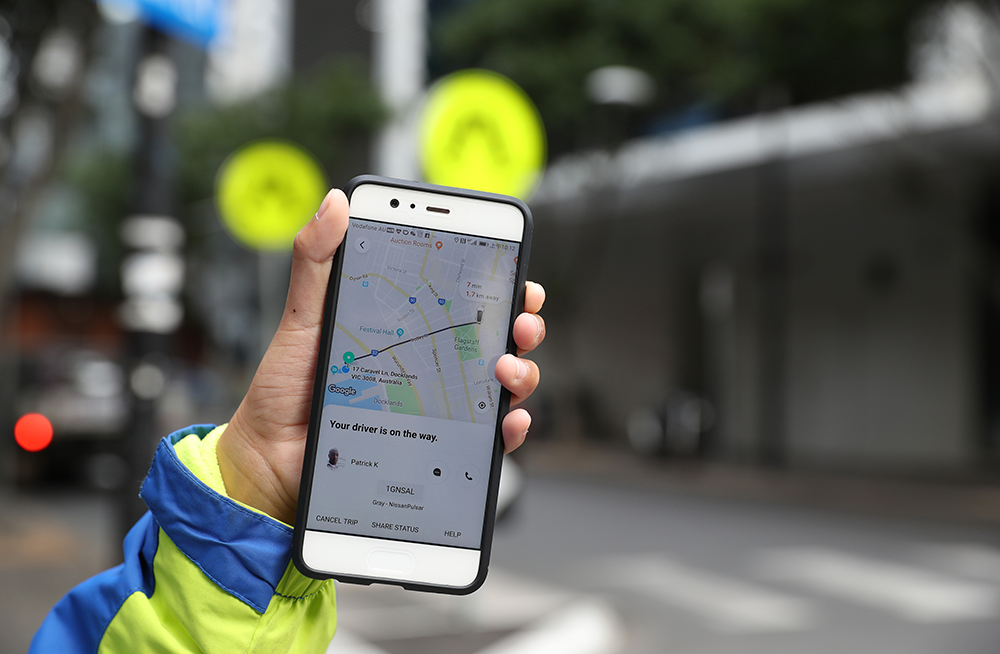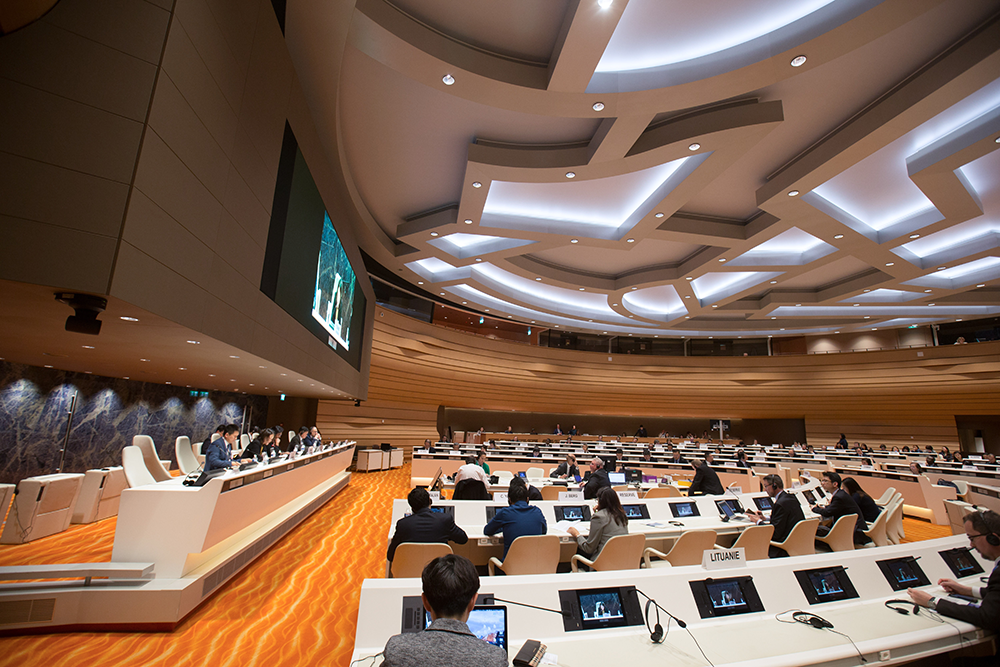 China is powering ahead of other countries in developing a sustainable shared mobility market. Jean-François Salzmann, Managing Partner of Mazars in China looks at how the market is already showing signs of maturity in comparison to the rest of the world and what the automotive sector can learn from China’s approach.
China is powering ahead of other countries in developing a sustainable shared mobility market. Jean-François Salzmann, Managing Partner of Mazars in China looks at how the market is already showing signs of maturity in comparison to the rest of the world and what the automotive sector can learn from China’s approach.
With over 400 million registered customers in more than 400 Chinese cities, Didi Chuxing’s smartphone app delivers 25 million rides a day, making it by far the biggest mobile transportation service provider in China – particularly since it bought out Uber’s Chinese operations in 2016. But it’s not just strength in the Chinese market that has turned Didi from a household name to an aspiring global brand, it’s the ability to create a single ecosystem by aggregating big data that is helping to transform this sector of the shared mobility market. In fact, Didi Chuxing’s ecosystem strategy potentially defines our core understanding of what shared mobility is from a business perspective.
One App for all
Using an app to call a taxi is no longer alien to consumers in many countries. However, China is already pulling away from the pack in terms of providers aggregating data to offer one-stop transport platforms, whether it’s a taxi, bus, chauffeur-driven or private car to a wide range of private and business users on an as-needed basis. It’s this ability to link up different demands without the need to go to separate service providers that presents both opportunities and challenges to companies looking to develop shared mobility services in China. Despite the current domination by a small number of companies in this space, there will always be room for niche services that cater to particular market segments or exploit the growth in passenger experience innovation.
But companies that have the technical capabilities alongside expertise in data management and governance will have more of a competitive edge going forward as expected tougher regulations kick in.
Intermediary or provider?
Despite current high market concentration in China, which business model holds the balance of power when it comes to mobility solutions is far from clear-cut. There are intermediaries such as Didi who aggregate data to act as a link between providers of cars, bikes, taxis etc. with potential customers. Then there are providers such as Mobike which manufactures the majority of the distinctive orange bikes on its platform to capitalise on the growth of on-demand bicycle use. While there is the undoubted power of data, there is also control and expertise in the manufacturing process.

Chinese enterprises shared their experience on sharing economy in a conference organised by the United Nations Conference on Trade and Development and the China Chamber of International Commerce in Geneva on 17th April, 2018.
Both use technology in different ways, but there are service synergies which more recently has seen Didi sign partnership agreements to help OEMs market auto-sharing services and electric vehicles. Equally, Mobike integrated its services into WeChat, which is China’s largest social media platform. Either way, forging the right partnerships with a shared vision will continue to be key.
Brand recognition
It’s counterintuitive to think that regulation can create a brand, but there’s potential in China. In terms of the traditional automotive sector, China’s focus on its home market has left it behind in the race to create a globally recognised car brand. Instead it has used deep pockets to buy global brands such as Volvo, which is now owned by Chinese OEM Geely. However, with EV (electric vehicle) development very high on the agenda for the Chinese Government, there is still potential to create a globally-recognised Chinese brand in this fledgling sector. Government regulations that ensure a certain percentage of car manufactured in China are EVs are already filtering through to share-mobility platforms, where EVs are increasingly the norm.
In addition, industry players are using this regulatory push to exploit expertise in integrating artificial intelligence (AI) and to work together to ensure that infrastructure such as EV charge points match demand.
As a densely populated country, China’s enthusiasm for shared mobility is undoubtedly fueled by necessity. But thus far China’s involvement in EV and wider sustainable mobility developments means it is not only putting its own stamp on future solutions but is also intent on leading the way.
Mazars is an international, integrated and independent organisation, specialising in audit, accountancy, advisory, tax and legal services in 102 countries.


Recent Comments